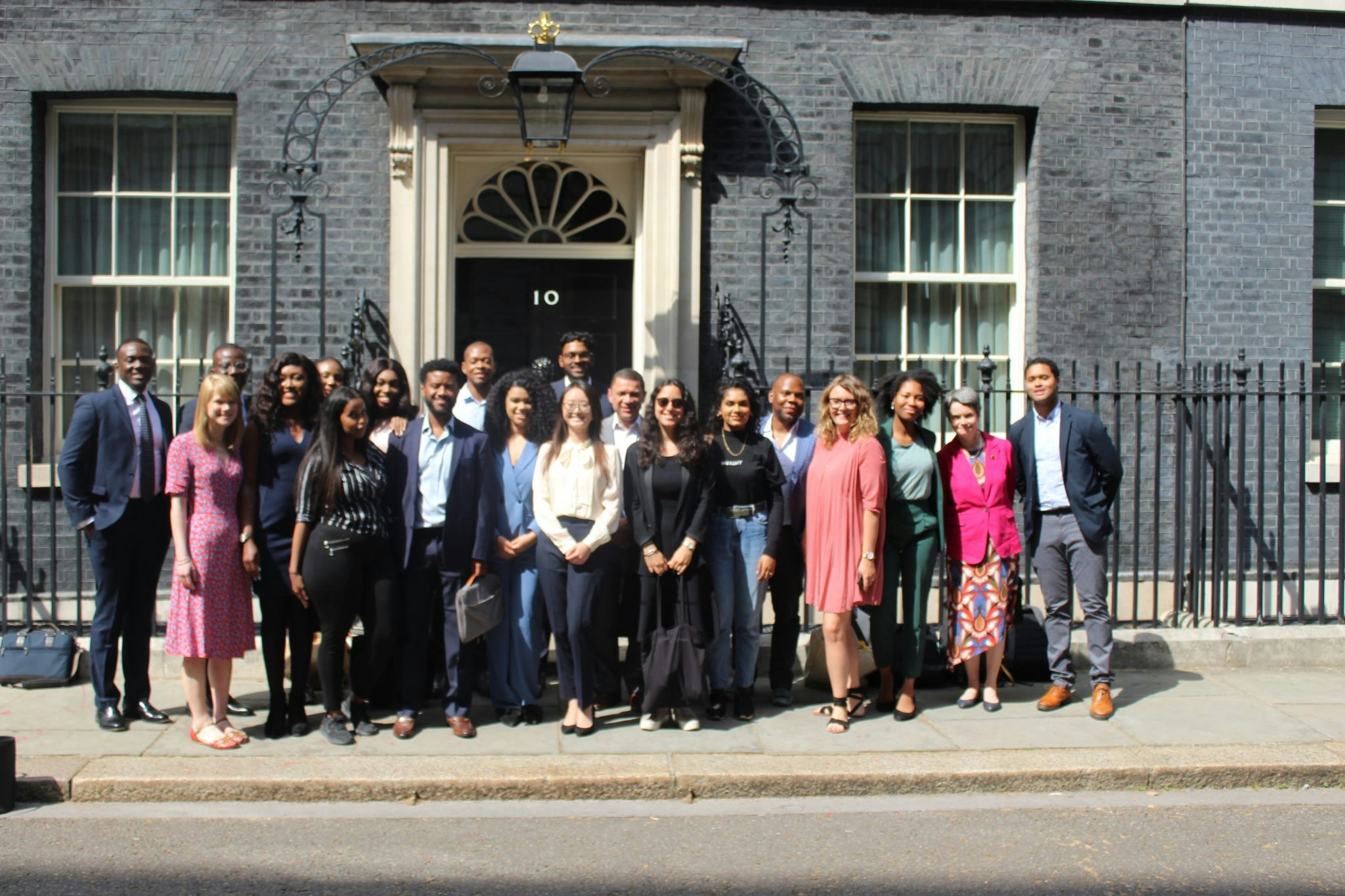Under 1% of venture capital investment in the UK went to Black entrepreneurs across the last 10 years, a new report by Extend Ventures shows, highlighting the systematic barriers Black businesses face when securing financing.
Between 2009 and 2019, just 0.24% of venture capital went to teams of Black entrepreneurs — 38 businesses in total. Out of those, only one Black female founder raised Series A funding across the 10 year period.
Black entrepreneurs had the least access to capital, but for other communities the situation was similar.
Although the UK’s Black and multi-ethnic communities — which Extend Ventures classes as people from Black, East Asian, South Asian and Middle Eastern backgrounds — make up 14% of the population, only 1.7% of capital at all stages went to entrepreneurs from those communities.
Comparatively, 76% of investment went to teams of all white entrepreneurs, and 23% to mixed teams.
“This makes for grim reading,” says Piers Linney from the British Business Bank. “Access to financial capital is a fundamental ingredient in business growth and it’s inextricably linked to social capital. We now have hard data that clearly shows change is necessary.”
A report by 10X10 and Google found that 88% of Black founders financed their companies using their own money or by receiving funding from family and friends, to account for the lack of VC capital.
The Extend Ventures report states that the murder of George Floyd in the US and the subsequent Black Lives Matter protests led to a ‘flurry of internal examinations and statements.’ However, qualitative data analysis was still lacking, including any to show the extent of the problem within venture capital.
Gender and Education
Across the 10 year period, 68% of all funding went to all-male teams, 29% to mixed teams and just 3% to all-female teams.
Black female entrepreneurs experienced the poorest outcome — receiving 0.02% of funding overall
Within that, Black female entrepreneurs experienced the poorest outcome — receiving 0.02% of funding overall. Only one Black female entrepreneur received funding at Series A or B. In comparison, 194 white female entrepreneurs gained funding at Series A or B in the same period.
Access to VC investment remains easier for those from ‘elite’ educational backgrounds too, with 43% of funding at seed stage going to founding teams with at least one member from Oxford, Cambridge, Harvard or Stanford.
Solutions
Erika Brodnock, author of the Extend Ventures report, said that VCs need to expand the diversity of the people they're hiring, and therefore the people they’re likely to invest in.
“To truly move away from this so-called ‘mirrortocracy’, the UK investment markets must empower themselves with both ethnic and gender diversity,” she says.
According to data from Diversity VC, only 3% of VCs in the UK are Black, and very few of these are partners or people with decision-making capability. To ensure more equal investments, more diversity is needed in investment firms, the report recommends.
Similarly, more data on who receives investments is needed, and the report recommends the implementation of quotas to ensure funds are investing 14% of capital into funds led by entrepreneurs of colour.
The report also calls for a change in the language used to discuss race in business, including replacing the acronym ‘BAME’ with something that doesn’t include ‘minority’ and instead focuses on narratives that are more enabling for communities — as Brodnock also wrote in an op-ed for Sifted.
“BAME is not a political term, it is an identifying term,” says Tom Adeyoola from Extend Ventures. “It isn’t self-chosen, it has not been politically chosen by the groups. This terminology shouldn't be used as a catch-all for statistical, social and political purposes — that is where we need to come up with something else.”


